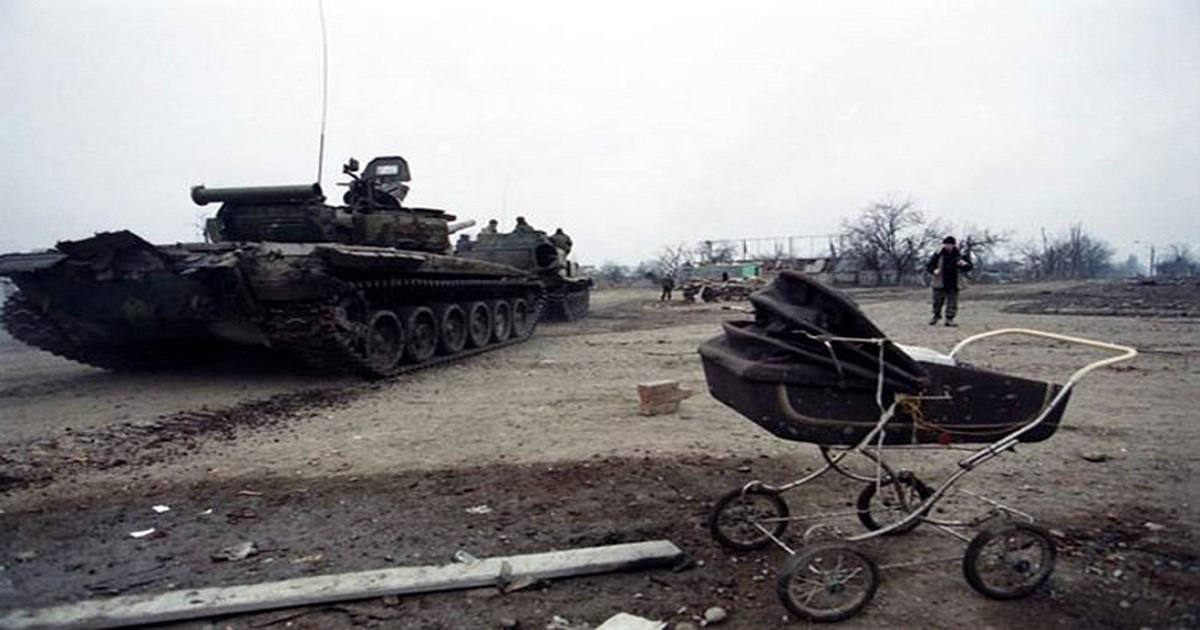Addressees:
The Secretary-General of the United Nations Ban Ki-moon
United Nations Spokesperson Russell Geekie
United Nations Spokesperson Jens Laerke
High representative of the Union for Foreign Affairs and Security Policy Federica Mogherini
Foreign Minister of the Republic of Estonia Sven Mikser
The Federal Minister for Europe, Integration and Foreign Affairs of Austria Sebastian Kurz
Minister of Foreign Affairs of Bulgaria Daniel Mitov
Assistant Minister of the Directorate for Political Affairs of Croatia Gordan Bakota
Slovakia Minister of Foreign Affairs Miroslav Lajčák
Sweden Minister for Foreign Affairs Margot Wallström
Press Secretary to Minister for Sweden Foreign Affairs Margot Wallström Pezhman Fivrin
Program Manager of the Westminster Foundation for Democracy - UK Chris Levick
Program Manager of the Westminster Foundation for Democracy - USA James Hoobler
Spanish Minister of Foreign Office and Cooperation Alfonso María Dastis
Republic of Slovenia Minister of Foreign Affairs Affair Karl Erjavec
Malta's Minister of Foreign Affairs George Vella
Minister of Foreign Affairs of the Republic of Latvia Edgars Rinkēvičs
Italy's Minister of Foreign Affairs and International Cooperation Paolo Gentiloni
Italy's Vice Minister of Foreign Affairs and International Cooperation Mario Giro
Luxembourg's Minister of Foreign Affairs Jean Asselborn
Ministry of Foreign and European Affairs of the Slovak Republic Iveta Hricová
Government Plenipotentiary for the Slovak Presidency of the Council of the EU Ivan Korcoc
Daniel Mitov Bulgaria's Minister of Foreign Affairs
Croatian Foreign and European Affairs Minister Davor Ivo Stier
Ireland's Minister for Foreign Affairs and Trade Mr. Charles Flanagan T.D.
Minister of Foreign Affairs of Poland Witold Waszczykowski
Bert Koenders Commission for Foreign Affairs of the The Netherlands Parliament
Foreign Affairs Minister of Portugal Augusto Santos Silva
Minister of Foreign Affairs of Lithuania Linas Linkevičius
Minister of Foreign Affairs Of Norway Børge Brende
Minister of Foreign Affairs Of Ukraine Pavlo Klimkin
Minister of Foreign Affairs of Germany Frank-Walter Steinmeier
Press and Information Office of the Federal Government of Germany Press and Information Office of the Federal Government of Germany
Minister for Foreign Affairs of Finland Timo Soini
Icelandic Minister for Foreign Affairs Lilja Alfreðsdóttir
Minister of Foreign Affairs of the Czech Republic Lubomír Zaorálek
Minister of Foreign Affairs of Bosnia and Herzegovina Igor Crnadak
Minister of Foreign Affairs of Montenegro Srdjan Darmanović
Minister of Foreign Affairs of Georgia Mikheil Janelidze
Ministry of Foreign Affairs of Andorra Gilbert Saboya Sunyé
Minister of Foreign Affairs of Liechtenstein Aurelia Frick
Minister of Foreign Affairs and Trade of Hungary Péter Szijjártó
Minister of Foreign Affairs of Cyprus Ioannis Kasoulidis
President of the Republic of Poland Andrzej Duda
President of Portugal Marcelo Rebelo de Sousa
Prime-Minister of Portugal António Costa
Foreign Affairs of the Republic of Latvia Advisor Maija Manika
President of Latvia Raimonds Vējonis
Prime Minister and Minister of Foreign Affairs and European Affairs of Belgium Didier Reynders
Minister of Foreign Affairs of the Republic of Azerbaijan Elmar Mammadyarov
President of the Republic of Estonia Kersti Kaljulaid
Minister of Foreign Affairs of Kazakhstan Erlan A. Idrissov
Secretary of State for Foreign and Commonwealth Affairs of Great-Britain Boris Johnson
Minister for Foreign Affairs of Japan Fumio Kishida
Minister of Foreign Affairs and of International Development of France Jean-Marc Ayrault
Minister of Foreign Affairs of Mongolia Tsend Munkh-Orgil
The North Atlantic Treaty Organization (NATO) Spokesperson Oana Lungescu
This petition is organised by Media Center for Chechnia's Self-Determination Rights - Chechnia.Org.
Your excellencies,
Please reconsider Chechnia's sovereignty status and promote a monitored transition to an independent nation, allowing Chechnia's citizens to freely elect a representative government that can deal with the nation's future and issues without the pressure of parties whose actions are in disagreement with the human rights, the nation's right of self-determination and the citizens physical and cultural integrity.
The citizens of Chechnia have been held hostage of an economical, politic and religious influenced war for decades, one which has resulted in a number of civilians deaths that long became a shamefully discreet genocide that has led to legal actions regarding Russian's aggression, war crimes, crimes against humanity towards the Chechen people and genocide, only partially recognised by the European Parliament officially.
Chechnia's citizens can only find peace and due protection through free elections after the international recognition of their sovereignty and Chechnia's independence should be re-talked in a non-discriminative and internationally law abiding context in which the Chechen nation sovereignty status is considered from the perspective of their citizens, the Universal Declaration of Human Rights, the United Nations and the European Union principles that values human life, free speech and the nations self-determination rights, as well as the agreement with the President of the Russian Federation Boris Yeltsin in the 12th May 1997.
Why is this important?
The citizens of Chechnia have been held hostage of an economical, politic and religious influenced war for decades, one which has resulted in a number of civilians deaths that long became a shamefully discreet genocide that has led to legal actions regarding Russian's aggression, war crimes, crimes against humanity towards the Chechen people and genocide, only partially recognised by the European Parliament officially.
Chechnia's citizens can only find peace and due protection through a process of free, United Nations monitored, elections after the international recognition of their independence.
Chechnia's sovereignty should be re-talked in a non-discriminative and internationally law abiding context in which the Chechen nation sovereignty status is considered from the perspective of their citizens, the Universal Declaration of Human Rights, the United Nations and the European Union principles that value human life, free speech and nations self-determination rights, as well as the agreement with the President of the Russian Federation Boris Yeltsin in the 12th May 1997.

